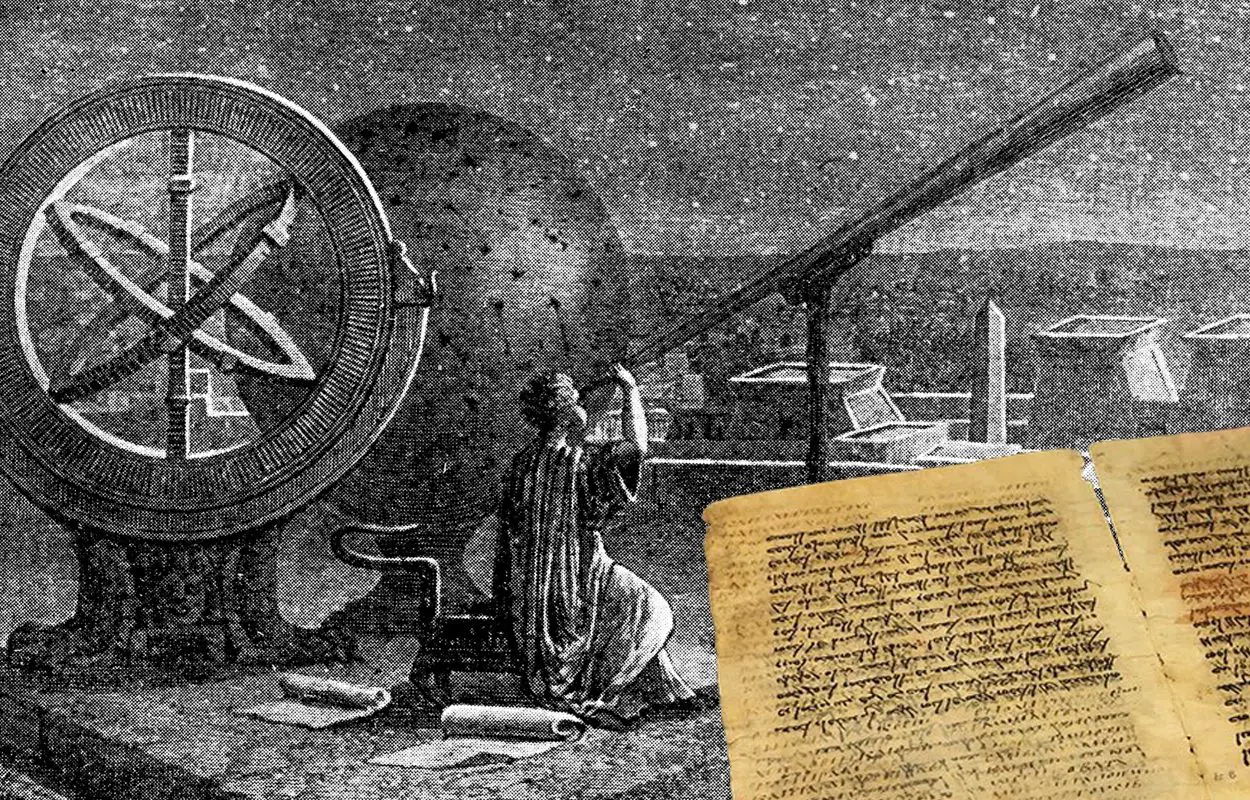Researchers from the CNRS, Sorbonne Université and Tyndale House (affiliated with the University of Cambridge) have discovered fragments of the Hipparchus Star Catalogue, composed by the Greek astronomer Hipparchus during the 2nd century BC.
The Star Catalogue was written between 170 and 120 BC by the Greek astronomer Hipparchus and is the oldest known attempt to determine the precise position of fixed stars by associating them with numerical coordinates.
The texts, which were erased during the medieval period in order to res-use the pages, was revealed by using multispectral imaging technologies. Until now, this text was known only through the writings of Claudius Ptolemy, another ancient astronomer who composed his own catalogue nearly 400 years after Hipparchus.
Researchers from the Centre Léon Robin de recherche sur la pensée antique (CNRS/Sorbonne Université), and their British colleague from Tyndale House in Cambridge, have identified four constellations from Hipparchus’ Star Catalogue in the Codex Climaci Rescriptus1 ‒ a book made up of parchments that were erased and then rewritten on, also known as a palimpsest.
In the past, this Codex contained an astronomical poem in ancient Greek and elements of commentary on the poem. This palimpsest text, erased in medieval times, has been revealed by using multispectral imaging2 by teams from the Early Manuscripts Electronic Library, the Lazarus Project and the Rochester Institute of Technology.
The fragments are the oldest known to date and refute a widespread belief that Claudius Ptolemy’s Star Catalogue is merely a “copy” of Hipparchus’ as the observations of the four constellations are different. Furthermore, Hipparchus’ data are verified to the nearest degree, which would make his catalogue much more accurate than Ptolemy’s, even though it was composed several centuries earlier.
CNRS (Délégation Paris Michel-Ange)
Header Image Credit : Peter Malik – (Adapted)





